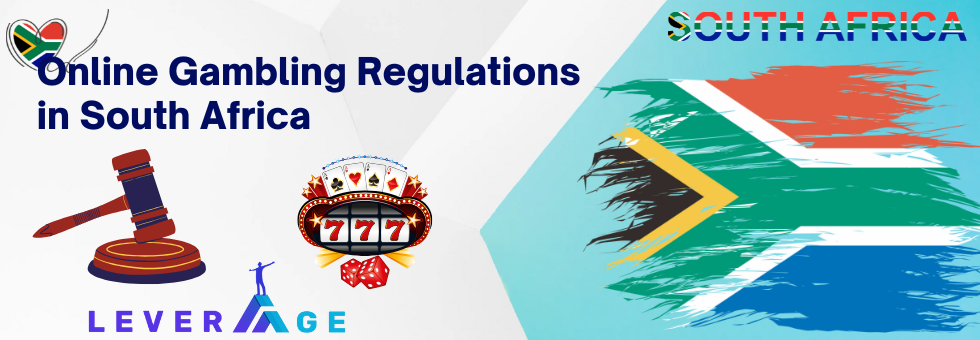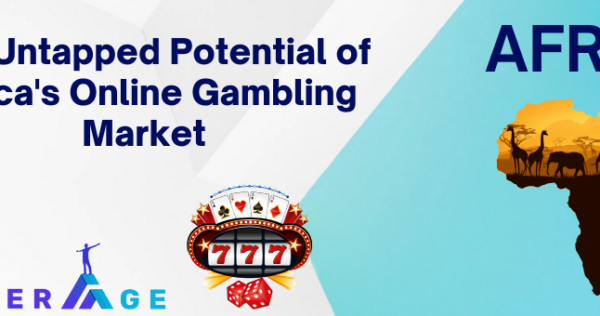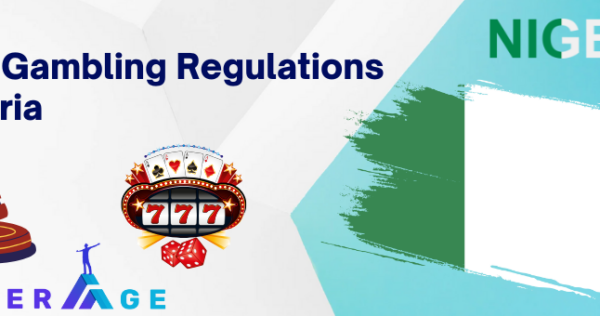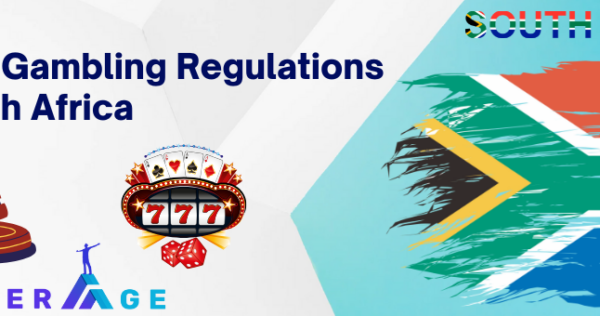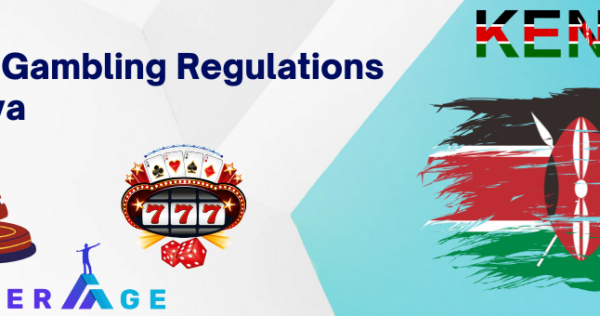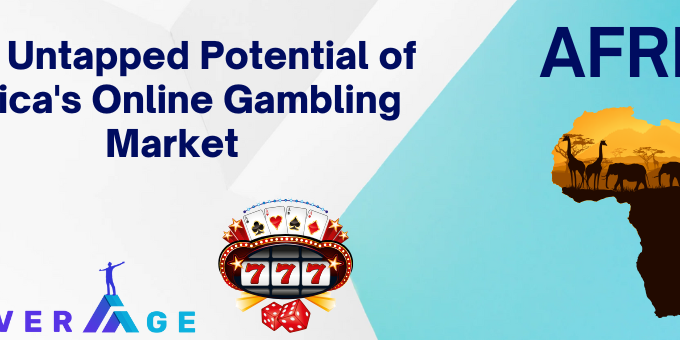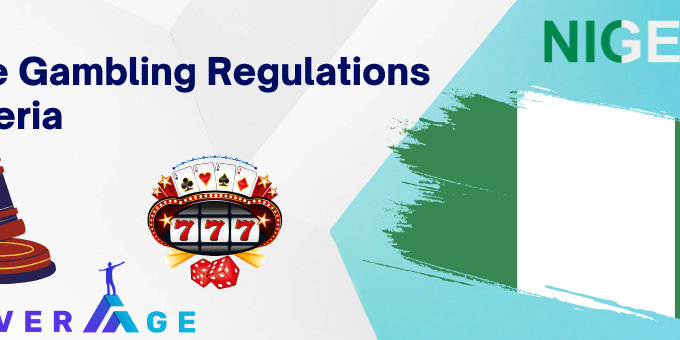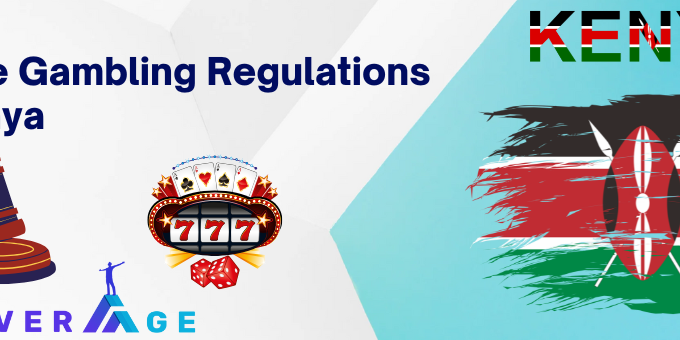Online Gambling Regulations in South Africa
1. Introduction
South Africa ranks 4th in Africa in terms of population and the majority of the young people take part in online and offline gambling. Online gambling in South Africa is growing with an estimated 80% of sports betting happening online. The market growth is expected to hit US$1,097.00 million by 2029. The young population and availability of gadgets such as smartphones have attracted both local and offshore bookmakers to take advantage of the growing demand for betting. South Africans love sports with soccer, rugby, and cricket among the top favorites. Additionally, users have turned to online gaming options with games like Blackjack, Craps, and Aviator among the common and most wagered-on games.
The growing demand for betting and the higher interest that South African fans have in betting has prompted the National Gambling Board to develop more rules and regulations that preserve the integrity of South Africa and ensure players wager responsibly. The regulator’s major role is to control the gambling industry and ensure that operators run within the legal landscape of online gambling.
This article intends to provide a comprehensive overview of how South Africa regulates online gambling, aspects of legal frameworks, processes involved in licenses, compliance, tax, and enforcement efforts.
2. Overview of South Africa’s Online Gambling Market
A Snapshot of South Africa’s Online Gambling Industry
South Africa’s economy is on the rise and the gambling market has seen significant growth. According to Statista, the online casino industry is projected to have an annual growth rate (CAGR 2024-2029) of 5.77% in revenue. The South African online gambling market growth in recent years can be attributed to the country’s rising smartphone use, internet access, and increasing consumer demand.
South Africans bet at home on international and local leagues like the English Premier League, La Liga, Serie A, and Bundesliga. Locally, they gamble on teams in the South African Premiership, National First Division leagues, and SAFA Regional League. Besides sports betting, fans also bet on popular casino games like slots, blackjack, and roulette.
The Rise of Mobile-Based Gambling
The past few decades have seen a remarkable transformation in the South African gambling industry. One major attribute of the growth and expansion is the accessibility to mobile phones, especially smartphones. An age-based survey conducted in 2021 showed that users in the age bracket of 15-24 were 25% while those between 25-34 years were 30%. The increased use of smartphones has made mobile-based gambling a reality in South Africa. Gamblers easily place bets at any time at their convenience. Because of the rising use of mobile phones, operators have also made significant changes to ensure their platforms are optimized for mobile use. Some key changes have been on the site interface, transactions, and selection of mobile games. Others have developed mobile betting apps that make betting convenient for players. The National Gambling Act of 2004 regulates various forms of online gambling in South Africa. It has also stepped up to enforce stringent measures that promote compliance.
Key Statistics: Market Size, Growth Rate, and Consumer Engagement
Since COVID-19, the South African online gambling market has grown steadily and Statistica projects a growth of 5.77% (2024-2029). This growth will have a market volume of US$1097.00m in 2029. In October 2022, the results from the TGM Sports Betting Survey revealed that about 49.4 % of the population in South Africa participated in sports betting within the last 12 months. The survey also revealed that punters had a percentage frequency of placing their bets on the games throughout the season. For instance, 24.59% wagered on spotting events several times a week, 6.04% once a month, and 27.46% bet on events a few times a year.
Sports betting is a leader when in consumer engagement and most South Africans use mobile phones to place bets. It’s estimated that about 80% of punters use mobile devices to place their bets. This highlights why it is important for gambling sites to optimize for mobile use. Furthermore, the continued growth of user engagement in South Africa has seen digital gambling grow and the market is set to expand even more in the coming years.
3. Legal Framework Governing Online Gambling in South Africa
Historical Context of Gambling Laws in South Africa
Gambling in South Africa was illegal prior to 1996. During this time only betting on horse racing was acceptable and backed by the Gaming Act of 1966. These restrictions led to illegal gambling operations in the country as none had seen the potential benefits of a well-regulated industry.
In the 1990s, the benefits of a regulated industry began to show and in 1996, the South African government passed the National Gambling Act. The passing of this act finally legalized land-based casinos, limited pay-out machines, and introduced a licensing framework to guide all gambling activities. The same Act also sought to stop illegal gambling.
In 2000, the internet led to online gambling emergence which brought a new challenge to the regulators. Initially, the rules and regulations were meant for land-based casino activities. The National Gambling Amendment Act of 2004 attempted to offer a solution by legalizing online sports betting through licensed bookmakers. The legalization still banned some form of online casino gambling. Furthermore, this Act also provided regulatory authority to provinces. The provinces therefore issued licenses for certain online gambling activities.
The Role of the National Gambling Board (NGB)
Following the repealed National Gambling Act, of 1995 (Act No. 33) of 1996, the National Gambling Board was established. NGB oversees gambling and betting activities in South Africa. The board ensures that all gambling operations follow the legal framework established by national and provincial legislation. Other responsibilities of NGB include issuance of licenses to gambling operators, monitoring compliance with gambling laws, and implementing measures that protect vulnerable populations from gambling harm. Moreover, The NGB collaborates with law enforcement agencies to deal with illegal gambling operations. Lastly, NGB is tasked with overseeing responsible gambling initiatives that require licensed operators to promote awareness about gambling addiction and offer programs like self-exclusion for individuals at risk.
Legal and Illegal Activities in South Africa’s Gambling Sector
Legal gambling activities are accepted while illegal ones are not. NGB is tasked with coming up with and implementing regulations that promote users’ safety. The National Gambling Act restricts interactive or online gambling services which include casino games, poker, and other online gaming activities. The above are games of chance. This restriction ensures that only licensed activities can operate legally within the country. Additionally, the Commission prohibits operating unlicensed casinos and websites within the country. Legal gambling activities such as online sports betting, online horse race betting, and bookmaking are lawful within the jurisdiction.
Recent Legal Reforms and Their Impact on Online Gambling
South Africa’s National Gambling Amendment bill proposed removing and adding some phrases from the 2004 Act to address the evolving online gambling sector and protect consumers. However, the 2018 bill failed to sail through as it didn’t get majority approval from the provinces. Key reforms in the 2018 bill were stricter and aimed to address areas of advertising restrictions and protective measures for vulnerable populations.
Advertising restrictions for gambling operators are contained in Section 15 of the NGA. The advertising regulations provide operators with what they need to limit themselves to when advertising. For instance, the act spells that gambling ads should not promote misleading information. It also highlights that one should not advertise anything unlawful. Finally, the Act proposes that advertisements must not be intended to target or attract minors. Overall, the advertisements must aim to protect minors and other vulnerable groups.
Furthermore, the NGA Act requires operators to include a warning sign to alert players against dangers like compulsive betting and addiction. Also, licensed operators are restricted from advertising on platforms that are accessible to those minors under 18 years. If the operator makes any ad, they must include a statement showing that only those above 18 years old can take part in gambling.
Future Legal Developments in the Online Gambling Industry
The online gambling landscape keeps changing and requires speedy adjustment to the current laws. South Africa has had challenges regarding amendments and most of the suggestions in the Gambling Amendment bills have not been effected. Bills that require games like Bingo to be amended have failed to go through. Experts continue to suggest that with the regulation of the gambling industry in South Africa, more taxes will be generated and also more jobs created.
4. Licensing and Compliance Requirements for Operators
A step-by-step process for obtaining a gambling license in South Africa
South Africa’s economy is growing fast and gambling is among the industries projected to grow in the next four years. As a result of this projection, more operators are coming to South Africa for business. All betting platforms in South Africa are regulated by The National Gambling Board. However, provinces still have set principles to guide operators within their jurisdiction.
Potential operators can choose from the nine provinces and apply for a license. The first step is the application process where you submit a request to the provincial gambling authority. The submission must have a detailed proposal, evidence of management, and proof that you are financially capable. The second step is conducting due diligence where the license provider carries out background checks to ascertain your financial history and reputation. Assessment of the operator’s equipment comes next to determine whether they meet the industry standards. Finally, the issuance of a license follows once you’ve paid the fees.
Ongoing compliance requirements
After registration, the operator is free to operate in the province. However, regular reporting to the NGB is mandatory. The goal is to ensure the operator is within the law. They need to implement Anti-money laundering (AML) policies and ensure that Know Your Customer (KYC) obligations are adhered to and that punters meet the legal age.
Payment of tax is mandatory for the operator which is about 15% or based on the province regulations.
Common compliance challenges faced by operators and how to mitigate them
Operators in South Africa face compliance challenges which can be difficult to mitigate. This is because the gaming industry is constantly evolving. Some of the compliance issues are taming money laundering and dealing with fraud. Operators must carry through background checks to know the criminals.
5. Taxation of Online Gambling in South Africa
Overview of South Africa’s tax structure for online gambling
Taxation on online gambling in South Africa doesn’t have a clear structure. Majorly, provinces will come up with their taxation system on how the operator will be remitting taxes. In most cases, South African gambling has long been treated as a leisure activity but recently, some players’ patterns show professionalism and hence are subject to income tax.
In most cases, the operator’s Tax on gross gaming revenue (GGR) is about 9.85% tax while the
Players withholding tax on winnings depends largely on the amount won.
Insights into how gambling tax policies have evolved, including any recent changes in tax rates.
South African gambling tax policies are likely to change. Currently, player winnings are not taxed but more proposals are in place to begin taxing professional players. In the policy, players file returns at the end of the year. Some of the proposals suggest players to pay a 15% withholding tax on winnings.
Economic impact of gambling taxes on the South African economy.
Taxes are crucial to the government of South Africa as they are a source of funding to help the government implement programs like healthcare, infrastructure, and education. With recent proposed bills and amendments, the gambling Industry in South Africa will be a game changer in the country’s economy.
The role of taxation in regulating the industry and ensuring fair play
Taxation is key in regulating the gambling industry in South Africa. Taxes from gambling operators help implement community projects and programs. It is also a way to ensure operators work within the law of the province.
6. Enforcement of Gambling Laws and Penalties
Enforcement Mechanisms to Ensure Compliance
South Africa enforces strict gambling laws which ensure illegal activities are curbed leading to fair play. The National Gambling Act outlines the licensing requirements and legal penalties for those who fail to comply. They also work closely with agencies like the South African Police Service (SAPS).
Penalties for Non-compliance
Operators who do not comply will face heavy fines, license revocation, and criminal charges. The operators once penalized might find it difficult to run businesses. Moreover, serious offenses can lead to imprisonment for individuals involved in unauthorized gambling.
Efforts to Combat Illegal Gambling Platforms
The NGB and SAPS work together and use cybersecurity strategies to block illegal websites. Some operators bypass local restrictions pausing danger to unsuspecting players. In this situation educating the public on the risks is advised.
7. Consumer Protection and Responsible Gambling
South Africa’s legal framework for consumer protection in online gambling
The South legal framework for consumer protection is under the Consumer Protection Act of 2008. It ensures the rights of consumers are protected. Through this act, players can hold the operator accountable for infringing their rights.
Regulations aimed at preventing gambling addiction and protecting vulnerable groups
Consumers need protection against gambling addiction. Strict regulations that require operators to provide warnings in their adverts need to be in place. Also, operators must have partners to help those with problem gambling. Minors must be protected from engaging in betting until they reach the legal age.
Efforts to ensure fair play and prevent fraudulent activities
Fair play must be mandatory. Operators must register with the governing bodies and be accessible for frequent checks to ensure they comply with the regulations. Also, the operator must adhere to quality games in the casino by ensuring each game has a legit Random Number Generator to e
Responsible gambling initiatives mandated by law
Responsible gambling is there to ensure players do not get addicted to online gambling. Some of the measures in place include self-exclusion and time-outs. Also, the availability of support programs like counseling is crucial.
8. Future Outlook and Regulatory Challenges
Future of online gambling regulation in South Africa
South Africa’s online gambling is growing and the projections are remarkable. With the growth, both the National and provincial governments must work on the clock to ensure gambling regulations are in place. The online gambling industry is backed by the availability of internet access and smartphones and its growth is inevitable. Therefore, rules and regulations around online gambling must be in place.
Potential upcoming changes to laws and policies
South Africa still relies on the 2004 Act and potential upcoming amendments will see changes to laws and policies regarding online gambling. We expect to see tax regulations and expansion of betting opportunities in more provinces.
Regulator Challenges in the Fast-evolving Industry
The modern gambling industry is growing fast. Mobile betting has overtaken the regulations that previously governed gambling. More games are on the market and regulators need to adjust to ensure they match the speed. Also, challenges like dealing with money laundering, fraud, and identity theft are rampant. Coming up with ways to counter the issues is key.
9. Conclusion and Key Takeaways
South Africa is a growing economy with online gambling activities are on the rise. However, the industry regulation is still struggling. Both the National and Provincial governments can reap big from the taxes through proper regulation of this industry. Through the creation of clear laws, industry operators will find it easy to invent more in online gambling. Furthermore, players will feel safe as they’ll have a legal option in case of unfair treatment. For the new operators coming into South Africa, checking both the national and provincial rules need to be a priority. This will help you understand how to navigate any challenge you face.
Disclaimer
The information provided on this page is for general informational purposes only and does not constitute legal advice. We are not a law firm or a licensed legal authority, and the content should not be relied upon as a substitute for professional legal counsel. Any reliance you place on this information is strictly at your own risk. We assume no responsibility or liability for any errors or omissions in the content provided or for any outcomes resulting from its use. Always consult with a qualified legal professional for advice tailored to your specific circumstances.

